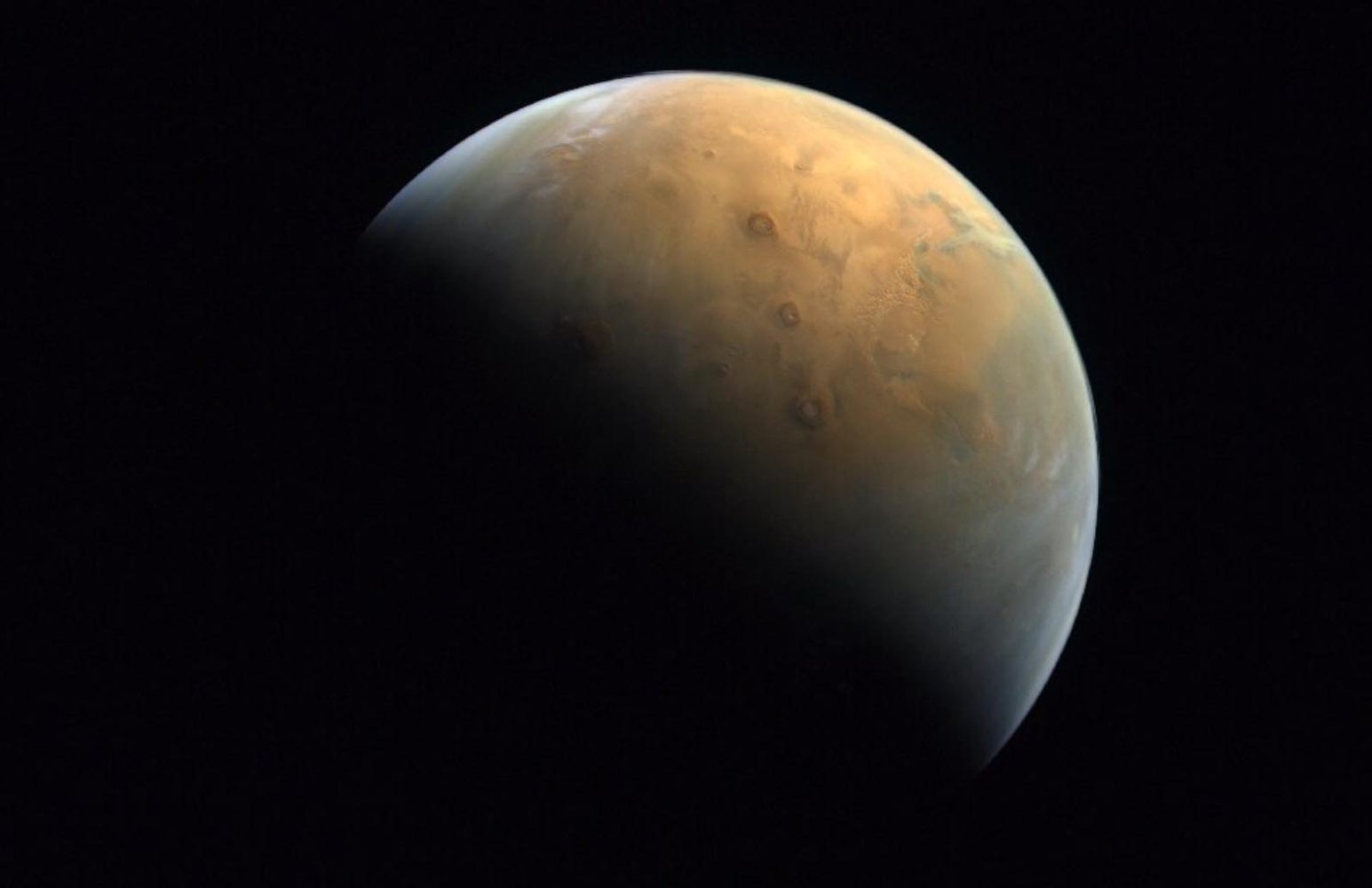
A new study has raised some speculation about whether or not parts of Mars can allow life to grow. The study, published in highlights the potential of certain places on Mars to be able to form the right conditions for life to exist, even if that life is just microscopic plants that survive through basic photosynthesis. The research team behind believes that location is everything, and just like on Earth, those locations and their ability to support any kind of living organisms is all going to come down to where sunlight hits and how the environment is.
See, . It also has relatively no atmosphere, making it unprotected from much of the sun’s damaging ultraviolet rays. However, there is a place located between 30 degrees and 60 degrees latitude where the ultraviolet radiation isn’t as bad.
And this could be the perfect place for life to grow on Mars. The researchers involved in the study believe this particular zone—which is the equivalent of Earth’s tropics on Mars—could hold the ideal conditions for Mars to support life. That’s in part because of the not-as-intense sunlight and also because of the tiny bits of water believed to exist there.
Sign up for the most interesting tech & entertainment news out there. By signing up, I agree to the and have reviewed the We know that water exists on Mars. It’s frozen near the poles.
However, other studies of the Red Planet have also tried to understand whether or not more water might exist on our neighbor. And one of the most important conditions for life to exist anywhere is water. Of course, this doesn’t mean that life can grow on Mars in these regions.
It just means that the chances of it being possible are much higher than other regions on the planet. Operations like NASA’s could hopefully teach us more about the actual possibility of life on Mars—and planned could provide more insight into all of that, too..














